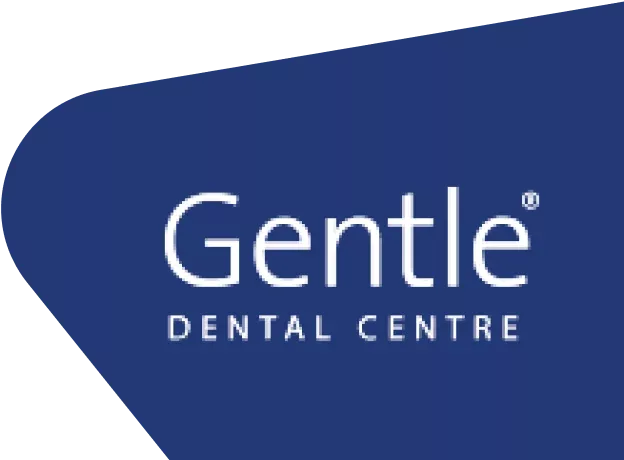Gental Dental Blogs
Brush up on your oral health with tips, advice and the best techniques for looking after your teeth and gums.





24-06-2025
When should I replace my fillings?

23-05-2025
Can I Remove Dental Tartar at Home?

14-05-2025
Composite or Porcelain Veneers: Make the Right Choice for You
Veneers can be made from a few different materials, including composite and porcelain. While the results are similar there are ...

11-04-2025
What’s the Difference Between a Dentist and an Orthodontist?

07-04-2025
Dental Tourism: Should I Go Overseas for Dental Work?
Dental tourism is booming, and New Zealanders are getting in on the trend but there are risks involved in seeking ...

06-03-2025
How to Talk to Your Child About the Dentist: A Stress-Free Guide for Parents
Not sure what to tell your child about their upcoming trip to the dentist? These tips can help. ...

28-02-2025
Fluoride in New Zealand’s Water: Safe, Effective, and Backed by Science
If you are concerned about fluoride exposure, the latest research from New Zealand’s health community may put your mind at ...

14-02-2025
CEREC & Digital Dentistry: The Benefits You Need To Know
Digital dentistry has lots of benefits. With advanced technology dentists can make surgery more accurate, procedures more comfortable and even ...

07-02-2025
Teething 101: How to Care for Your Baby’s First Teeth and Gums
You can expect your baby’s teeth to come in around the six-month mark, but there’s no right or wrong time ...

20-12-2024
How do I Treat Gum Disease?
If you’re suffering from sore gums, bleeding when you brush or floss, or stinky breath, you might have gum disease. ...

20-12-2024
Thumb Sucking: Will it Affect My Child's Teeth?
Thumb sucking is comforting for young babies. But as children grow the habit can cause problems that may need to ...

